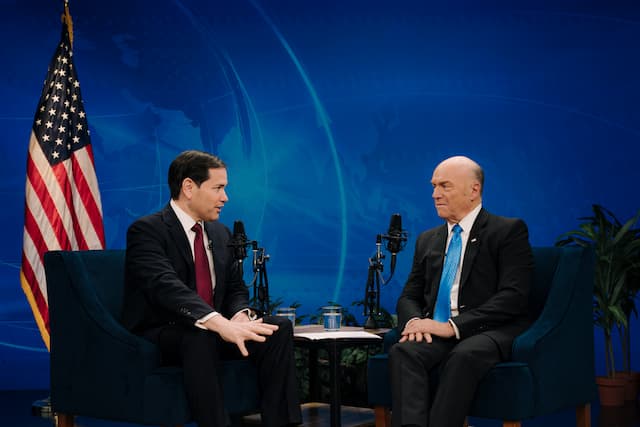Holding to Sound Doctrine

This post was originally published in July 2015. –ed.
One of the Devil’s more subtle schemes is leading believers away from sound doctrine. He knows that his best chance of immobilizing an effective Christian witness is through distraction with unscriptural, questionable, irrational, and shifting doctrines.
Even if we are not affected by any particular infiltration of false doctrine, our Christian walk can be greatly hampered by laziness, lack of vigilance, and simple ignorance regarding doctrinal basics. Bad doctrine or a weak understanding of sound doctrine makes us vulnerable to all sorts of bad practices, including a weak or non-existent standard of integrity.
The author of Hebrews reminds us where our anchor is and again urges us along the right path: “Jesus Christ is the same yesterday and today and forever. Do not be carried away by varied and strange teachings” (Hebrews 13:8–9).
False doctrine in various forms has plagued the church from the earliest days. False teachers weakened the early church, most notably the legalistic Judaizers in Galatia who distorted the Gospel. During the past 200 years theological liberalism (a fancy way of saying unbelief) and skepticism has undermined the church and caused many people to abandon essential doctrines such as the deity of Christ, the inspiration and authority of the Bible, and salvation by faith alone through grace alone.
And today the professing evangelical church is weakened by many influences including subjectivism, pragmatism, psychotherapy, a misplaced sense of tolerance, a sloppy understanding of the Gospel and ecumenism that wants to dilute and de-emphasize doctrine.
What has changed is that the warfare is no longer conventional. Whereas the old-school liberals of the past engaged in outright denial of the doctrines we cherish, postmodernists now engage in stealth attacks where doctrines are rarely rejected but constantly redefined. Doctrinal purity gives us an accurate early warning system against attacks from within the camp.
But how can the average layman possibly develop a firm grasp of every new false doctrine that’s heading down the pike? Being properly equipped is actually a lot simpler than it may first appear. The enemy’s primary strategy has remained unchanged since he appeared in the garden questioning God and His Word—“Indeed, has God said . . . ?” (Genesis 3:1). Every damnable heresy throughout church history has attacked either God’s character, His Word, or His gospel. If we remain steadfast on those essential doctrines we can withstand the attacks and even adopt an offensive footing in the doctrinal battles ahead.
During his apostolic ministry, the encroachment of false doctrine into the lives of Christians in the new churches was Paul’s greatest fear. He knew that doctrinal impurity was the underlying source for all kinds of ungodly behavior. Typical of Paul’s fears was his deep concern for the Corinthians’ spiritual welfare: “I am afraid that, as the serpent deceived Eve by his craftiness, your minds will be led astray from the simplicity and purity of devotion to Christ” (2 Corinthians 11:3).
Paul was also greatly exercised about the precarious status of believers in Galatia:
I am amazed that you are so quickly deserting Him who called you by the grace of Christ, for a different gospel; which is really not another; only there are some who are disturbing you and want to distort the gospel of Christ. (Galatians 1:6–7)
He realized that false teachers can be sincere, persuasive, believable, and even kind and likable. But Paul was also convinced that superficial, subjective measurements are not how we are to judge doctrine. The supreme standard is always the Word of God: “Even if we, or an angel from heaven, should preach to you a gospel contrary to what which we have preached to you [according to the Word], he is to be accursed (Galatians 1:8).
Purity of doctrine is the crucial foundation upon which everything else in the Christian life rests. If we would be people who practice personal holiness and show forth true integrity, our doctrine must be sound and unwavering.






